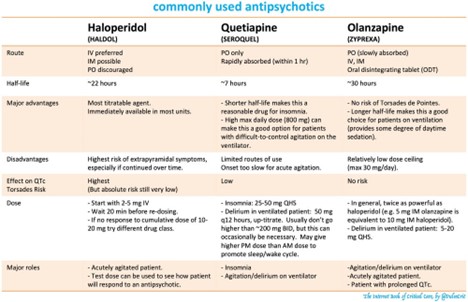A client becomes very dejected and states, "No one really cares what happens to me. Life isn't worth living anymore." Which of the following responses should the nurse make?
Tell me who you think doesn't care about you."
"Of course people care. Your family comes to visit every day."
"Why do you feel that way?
"I care about you, and I am concerned that you feel so sad."
The Correct Answer is D
A. "Tell me who you think doesn't care about you."
Explanation: This response might come across as confrontational or defensive, which could discourage the client from opening up further. It's important to offer support and understanding rather than putting the client on the spot.
B. "Of course people care. Your family comes to visit every day."
Explanation: While it's true that the client's family visits, depression often distorts perception and emotions. Telling the client that people care might not be fully effective in addressing their feelings of worthlessness.
C. "Why do you feel that way?"
Explanation: This response opens the door for the client to express their emotions and thoughts. It encourages further conversation and helps the nurse understand the underlying causes of the client's feelings.
D. "I care about you, and I am concerned that you feel so sad."
Explanation: Correct Answer. This response shows empathy and genuine concern for the client's well-being. It acknowledges the client's emotions, offers support, and validates their feelings.
Nursing Test Bank
Naxlex Comprehensive Predictor Exams
Related Questions
Correct Answer is C
Explanation
A. Bleeding:
Explanation: Bleeding is not a common adverse effect of haloperidol, which is an antipsychotic medication used to treat conditions like schizophrenia. Haloperidol primarily works on the central nervous system and is not known to directly cause bleeding issues.
B. Cataracts:
Explanation: Cataracts are not a common adverse effect of haloperidol either. While long-term use of some antipsychotic medications can lead to metabolic and endocrine disturbances, which might indirectly impact eye health, cataracts are not a direct and immediate concern with haloperidol use.
C. Dysrhythmias:
Explanation: Correct Answer. Haloperidol has the potential to cause cardiac-related adverse effects, including dysrhythmias (irregular heart rhythms). This is a particular concern in individuals who are predisposed to heart conditions or have other risk factors. The medication can prolong the QT interval, which is a measure of the time it takes for the heart's electrical system to recharge between beats. Prolonged QT interval can lead to serious and potentially life-threatening arrhythmias.
D. Pancreatitis:
Explanation: Pancreatitis is not a common adverse effect of haloperidol. Pancreatitis typically involves inflammation of the pancreas and can be caused by various factors such as gallstones, alcohol consumption, and certain medications. Haloperidol is not known to directly cause inflammation of the pancreas.

Correct Answer is C
Explanation
A. The partner has placed locks at the top of the doors leading to the outside:
Explanation: Placing locks at the top of doors leading outside is a safety measure to prevent the person with Alzheimer's disease from wandering or getting lost. While this does show that the partner is taking proactive steps to ensure the client's safety, it is not necessarily indicative of caregiver role strain.
B. The partner has hired a house cleaner:
Explanation: Hiring a house cleaner can be a sign of caregiver role strain. Caregivers often become overwhelmed with the responsibilities of caring for a person with Alzheimer's disease, and hiring help for household tasks can be an indication that they are finding it challenging to manage everything on their own.
C. The partner has lost 20 lb in the past 2 months:
Explanation: Rapid weight loss can be a sign of caregiver stress or burnout. The emotional and physical demands of caring for a loved one with Alzheimer's disease can lead to neglect of one's own well-being, including proper nutrition and self-care.
D. The partner redirects the client when the client is frustrated:
Explanation: While redirecting the client when they're frustrated shows that the partner is using appropriate strategies to manage challenging behaviors associated with Alzheimer's disease, this observation doesn't necessarily indicate caregiver role strain.
Whether you are a student looking to ace your exams or a practicing nurse seeking to enhance your expertise , our nursing education contents will empower you with the confidence and competence to make a difference in the lives of patients and become a respected leader in the healthcare field.
Visit Naxlex, invest in your future and unlock endless possibilities with our unparalleled nursing education contents today
Report Wrong Answer on the Current Question
Do you disagree with the answer? If yes, what is your expected answer? Explain.
Kindly be descriptive with the issue you are facing.
